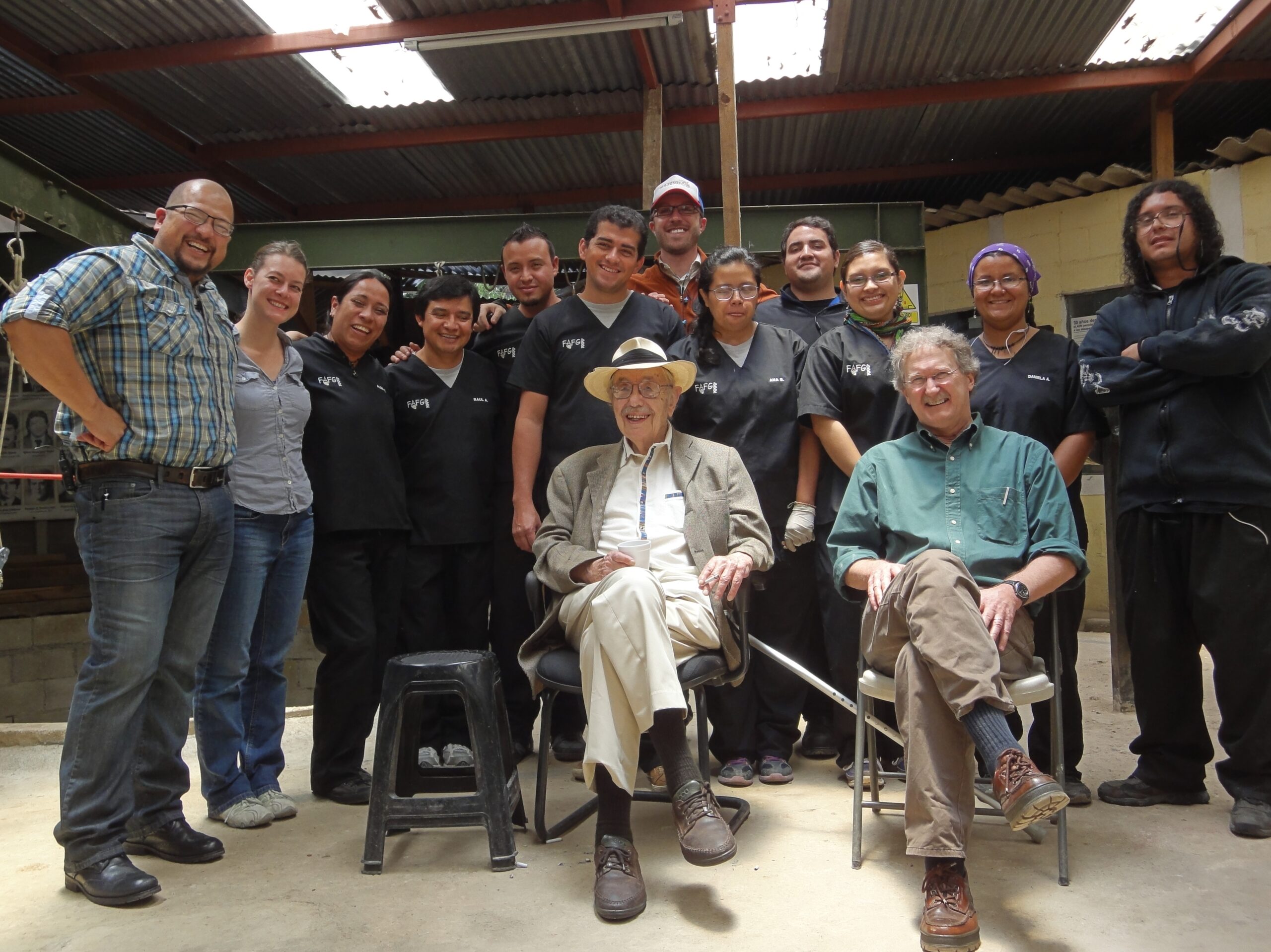
A Legacy of Truth
The Human Rights Center has been at the forefront of DNA forensic research and its use in human rights settings since its inception. Our forensic work aims to improve the use of forensic DNA analysis both to hold perpetrators of violence accountable, and to reconnect families separated by conflict. Forensic analysis of DNA can be an important tool for establishing evidence of mass atrocities and potential war crimes. Identifying individuals can also establish a historical record and provide answers to survivors whose loved ones disappeared during conflict. Key to this legacy is HRC Co-Faculty Director Eric Stover, who helped establish the legitimacy of DNA forensic testing as a human rights investigator.
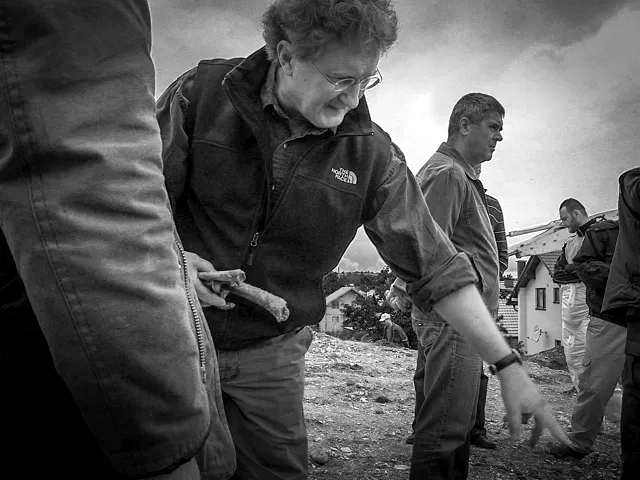
With legendary forensic anthropologist Clyde Snow, Stover launched the first forensic investigations of disappeared civilians in Central and South America. He supported the famed Argentine Forensic Anthropology Team and the Guatemalan Anthropology Team, helping to create a blueprint of local, student-led initiatives that confronted authoritarian regimes with the truth of their crimes. In 1985, Stover participated in the forensic investigation of the remains of the infamous Nazi doctor Josef Mengele in São Paulo, Brazil. In 1991, he assisted a forensic team in Kirkuk, Iraq to exhume the graves of Kurds executed by the Iraqi government. During the wars in Croatia and Bosnia, Stover served on several medico-legal investigations as an Expert on Mission to the International Criminal Tribunal for the former Yugoslavia in The Hague. He conducted a survey of mass graves throughout Rwanda for the International Criminal Tribunal for Rwanda in 1995, which provided lead evidence on several high-level accused genocidaires. This evidence helped convict scores of perpetrators, including Radovan Karadzic, Saddam Hussein, and Jean-Paul Akayesu.
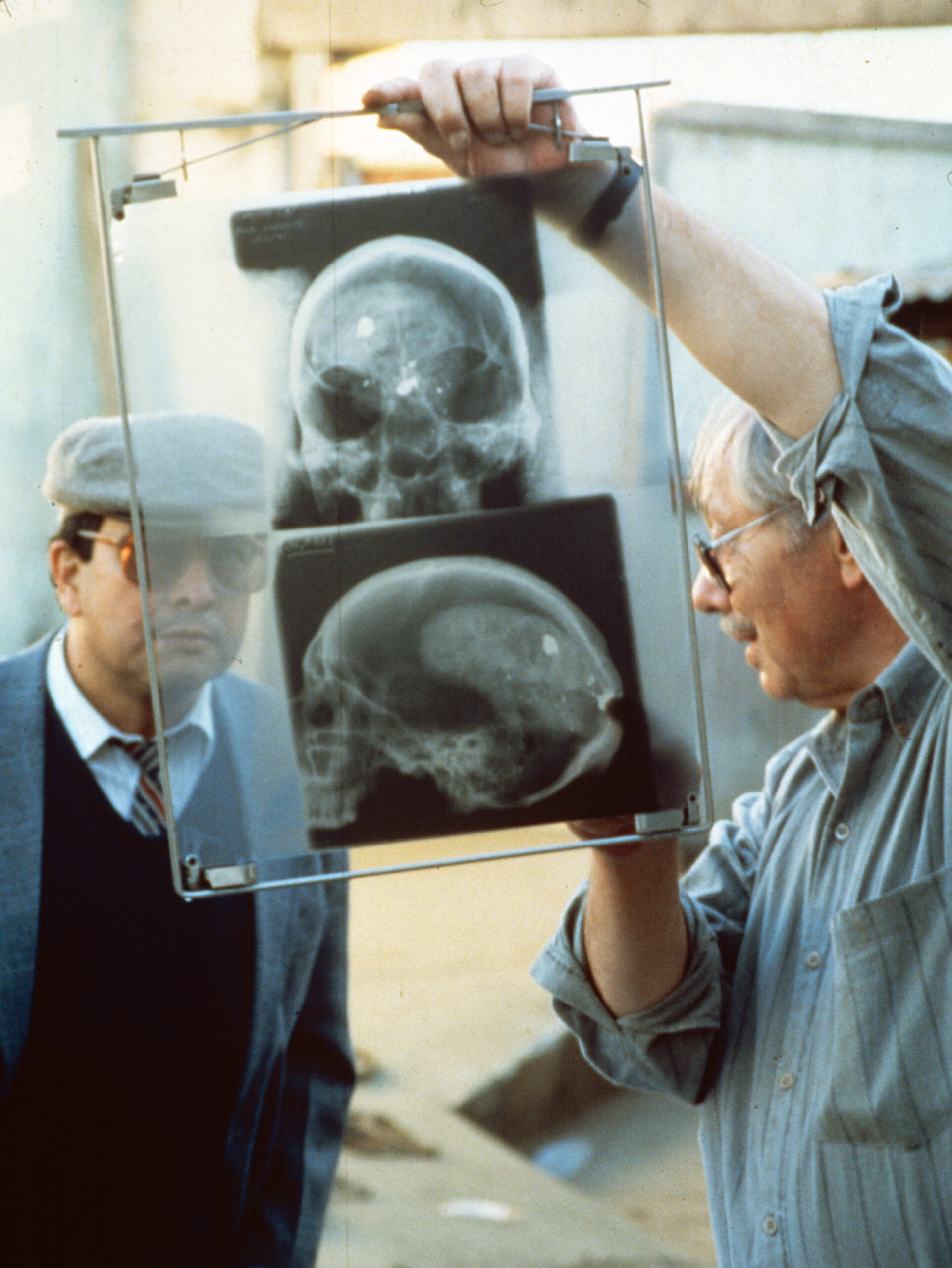
El Salvador DNA Reunification Project
When Stover joined the Human Rights Center in 1996, he was already working closely with human rights groups in El Salvador. He united forensic scientists and on-the-ground collaborators to collect DNA samples from family members of children abducted during the country’s civil war in the 1980s. Together with Salvadoran geneticist Patricia Vásquez and Chilean molecular biologist Dr. Cristián Orrego Benavente, who ran the HRC Forensic Project until his death in 2018, Stover helped to establish a family reference database with Asociación Pro Búsqueda de Niñas y Niños Desaparecidos (Association for Disappeared Children). Pro Búsqueda is an NGO in San Salvador that reunites families with their children who were abducted or surrendered under duress during the war. As of 2019, the database contained nearly 1240 family reference samples. Through this continuing partnership with Pro Búsqueda, the Human Rights Center has helped reunite hundreds of families torn apart by the conflict, seeking to hold the Salvadoran government accountable for its military policy of abducting children from families during the conflict.
DNA Testing Reunites Families Separated by War
Historic Partnerships
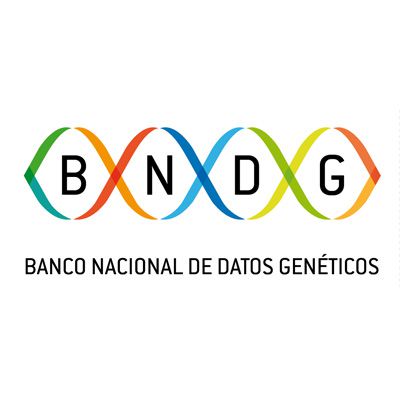
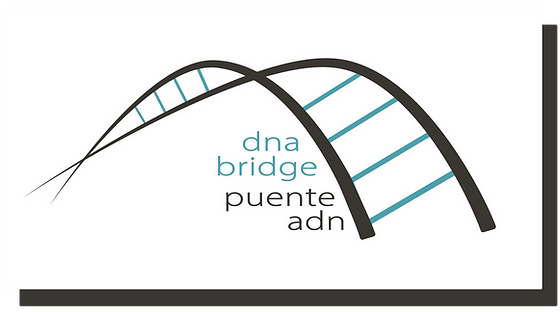

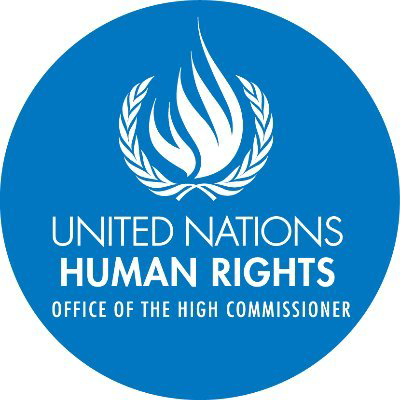
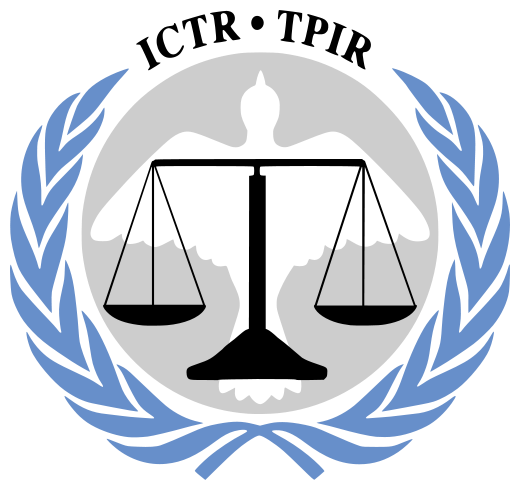
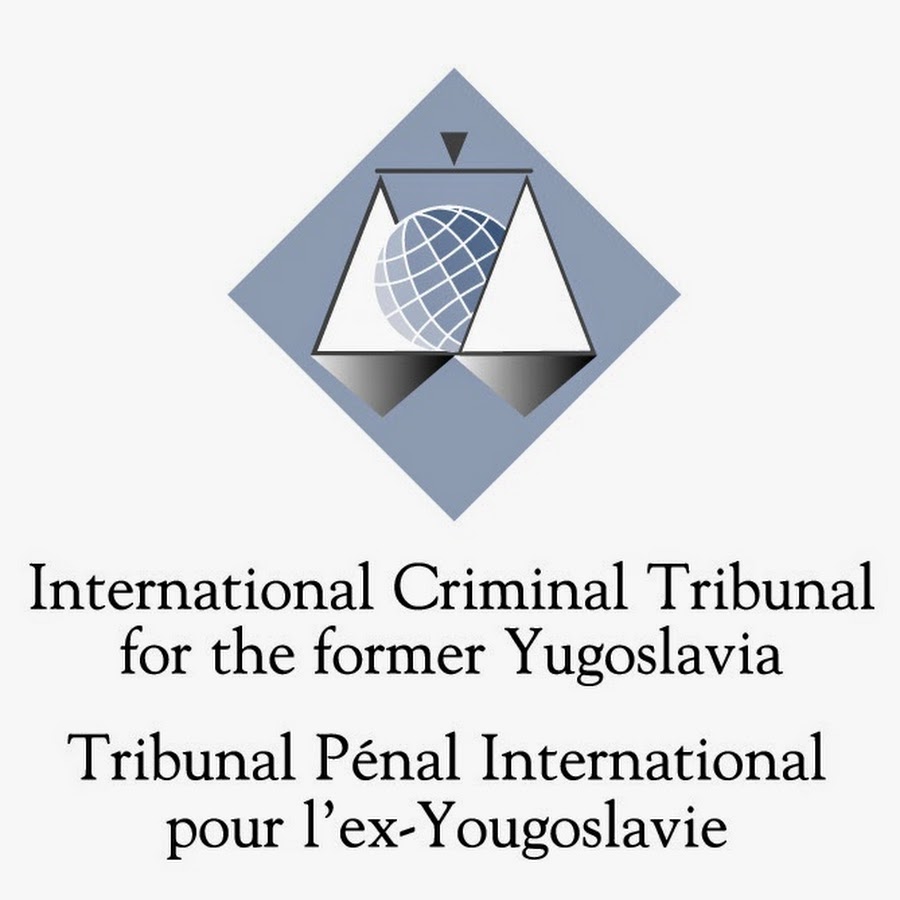
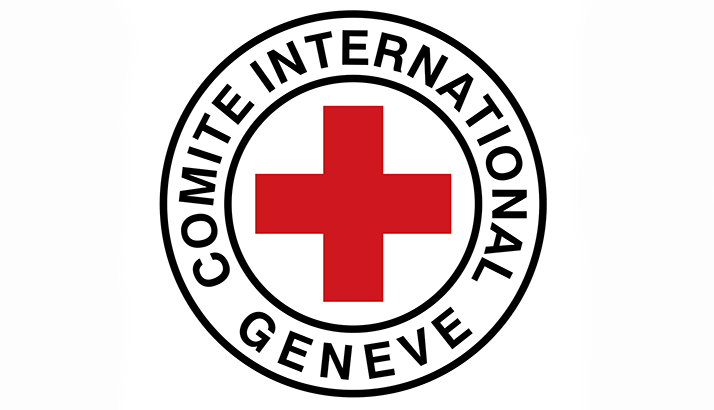
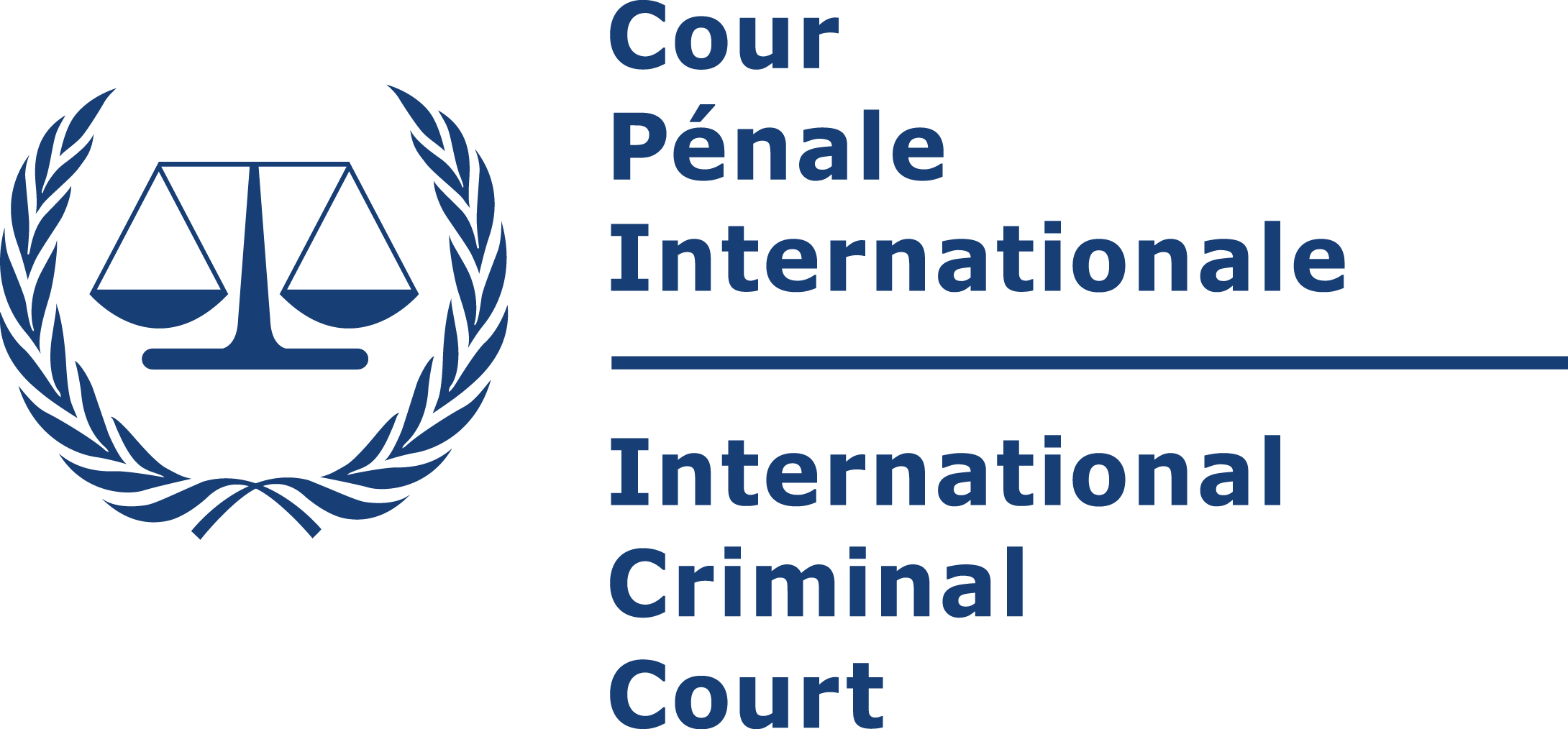
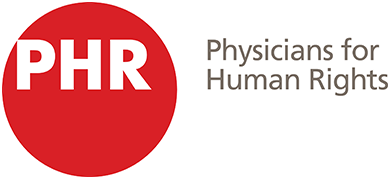
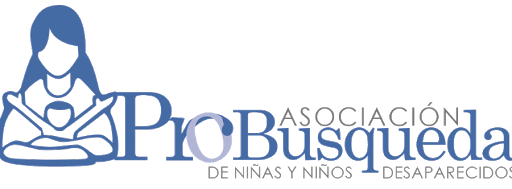
Publications
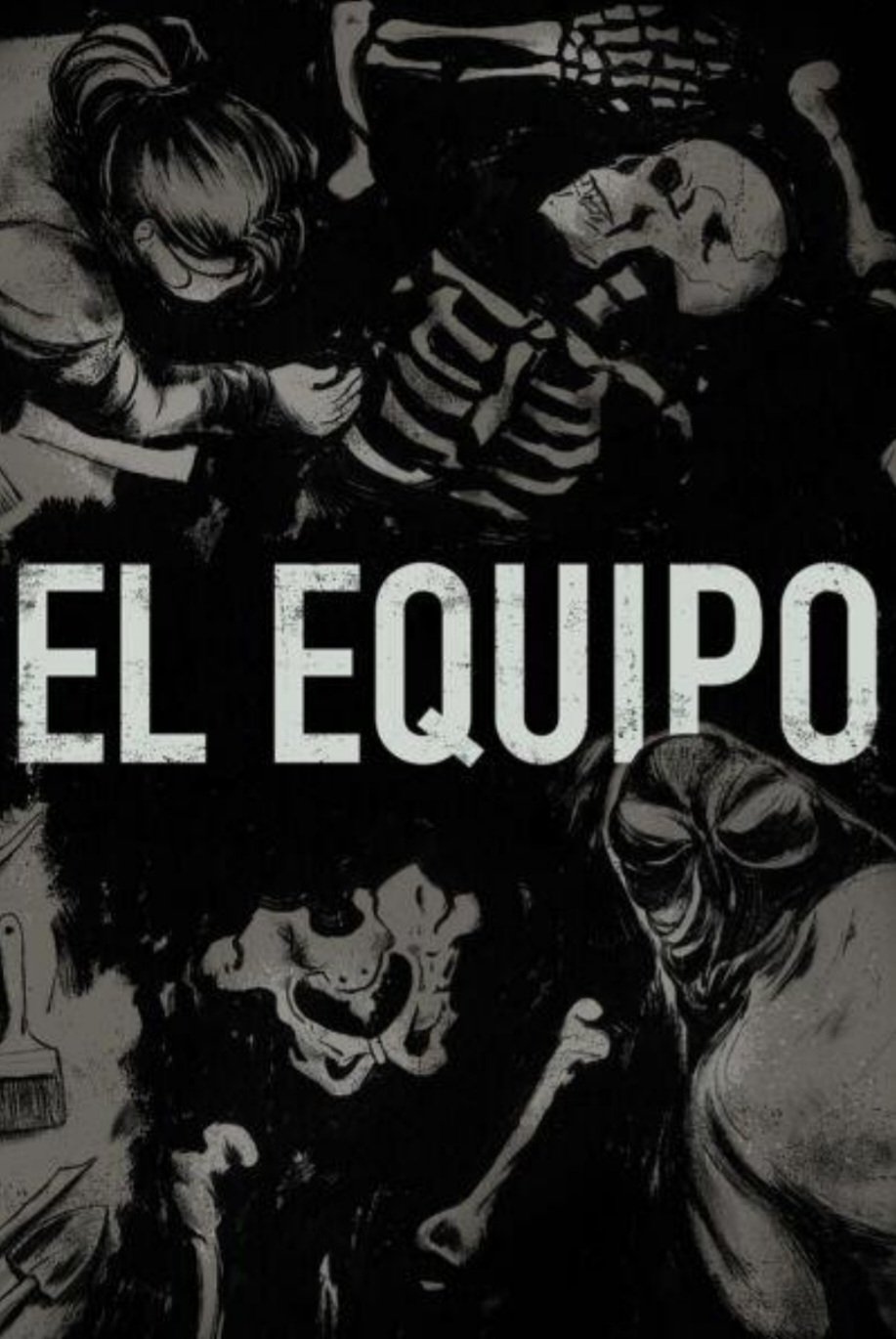
October 9, 2023
El Equipo
View Publication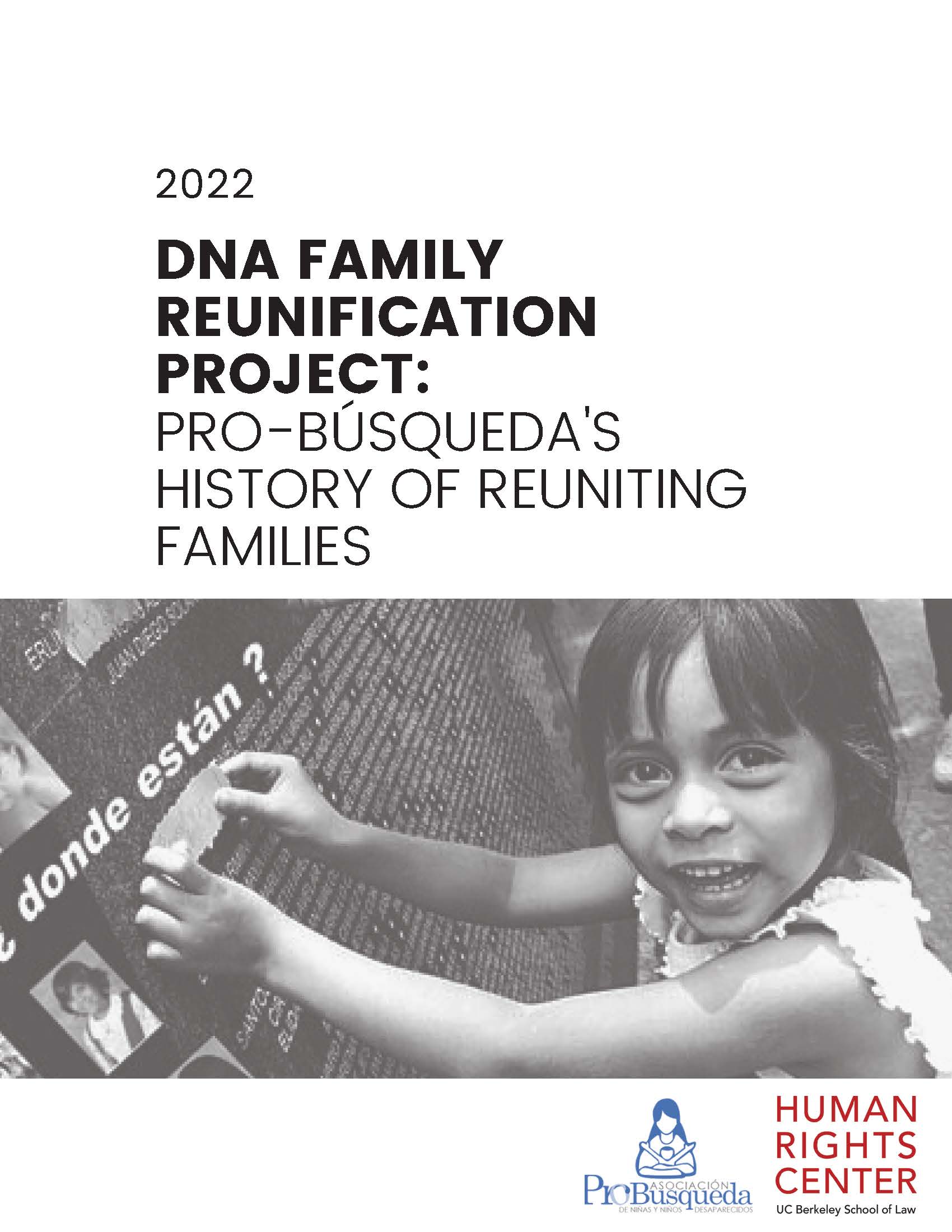
December 14, 2022
DNA Family Reunification Project: Pro-Búsqueda’s History of Reuniting Families
View Publication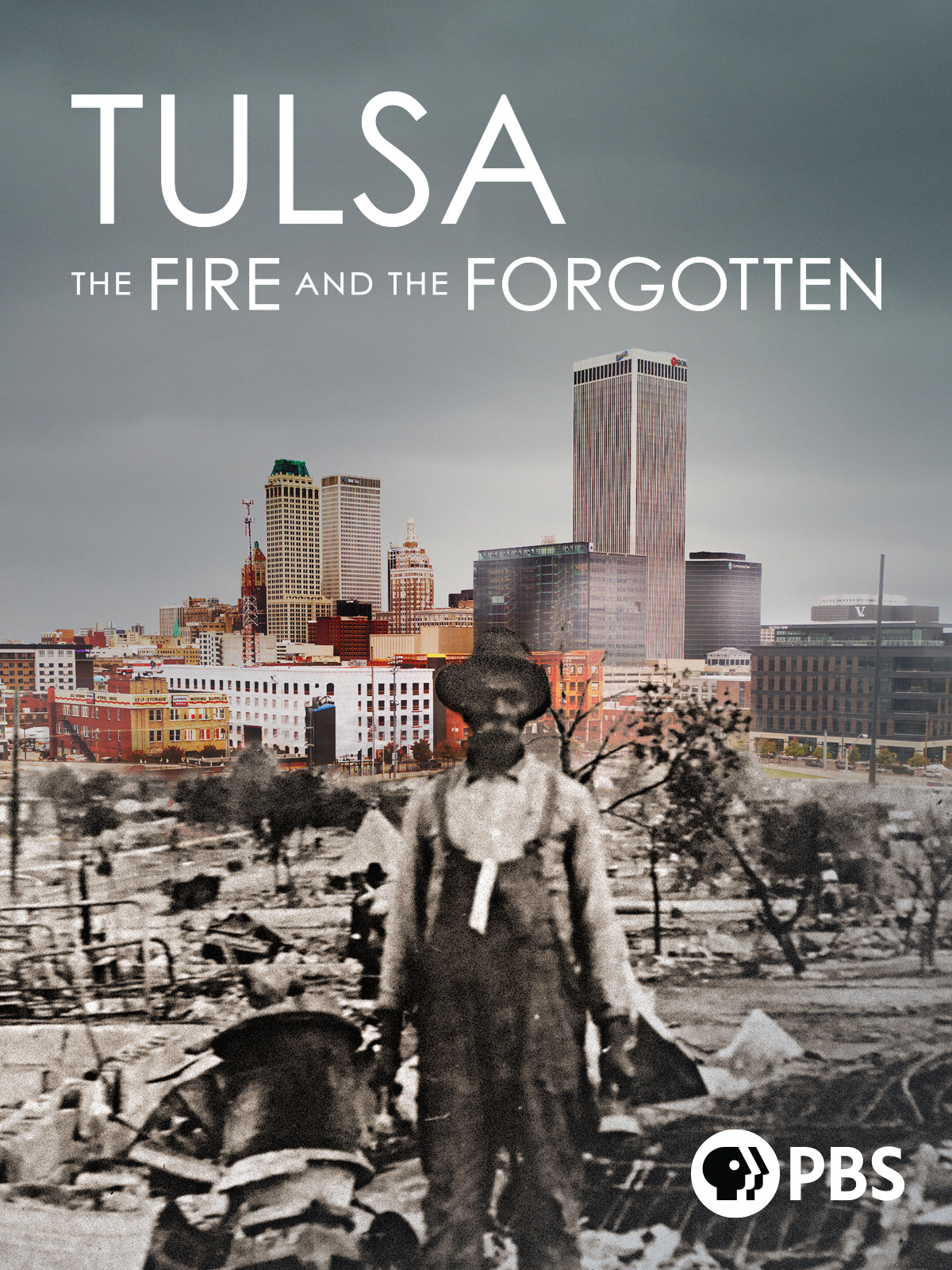
February 3, 2021
Tulsa: The Fire and the Forgotten
View Publication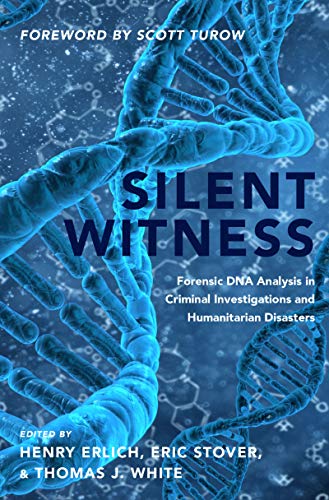
October 23, 2020
Silent Witness: Forensic DNA Evidence in Criminal Investigations and Humanitarian Disasters
View Publication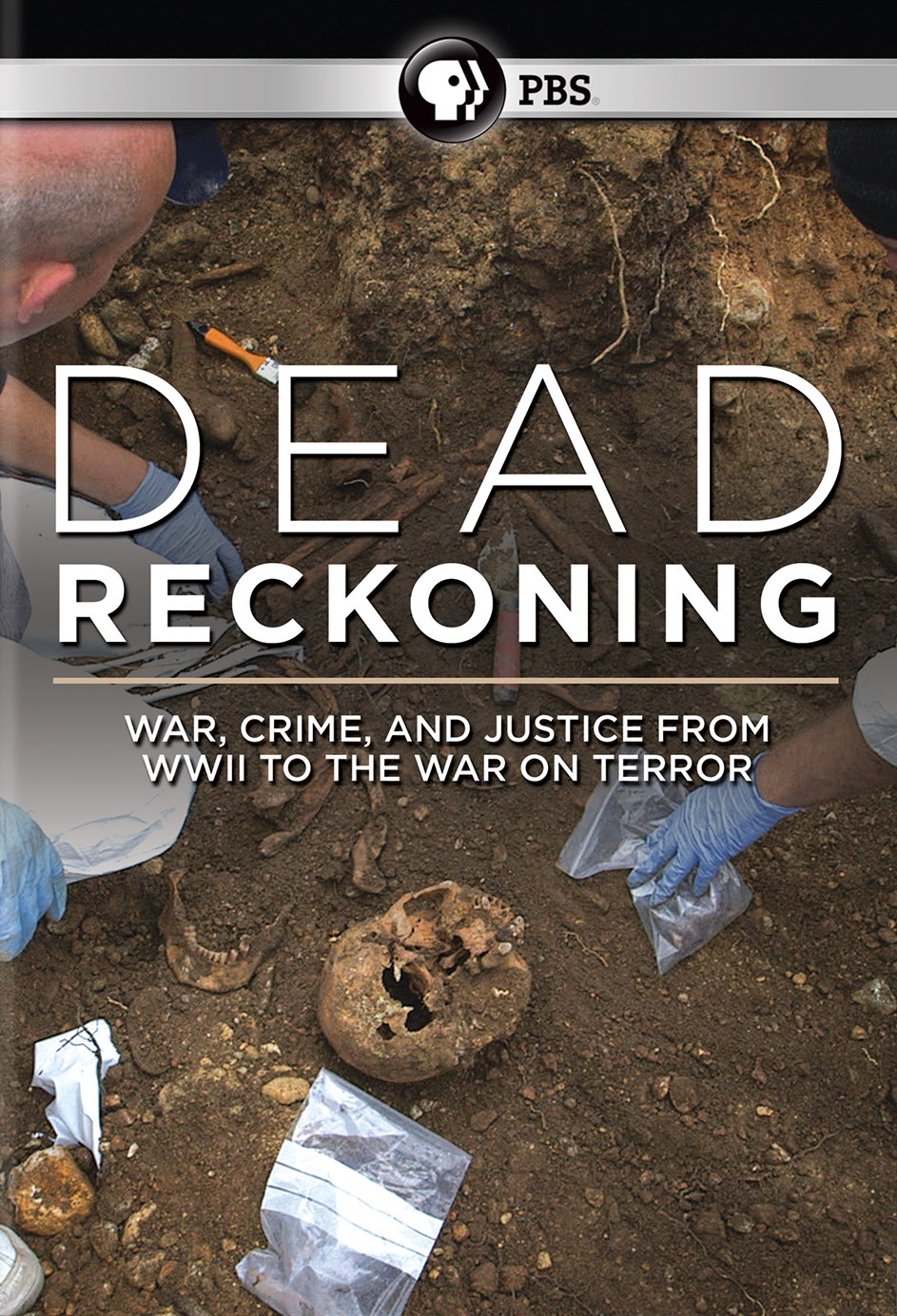
March 28, 2017
Dead Reckoning: Postwar Justice from World War II to The War on Terror
View Publication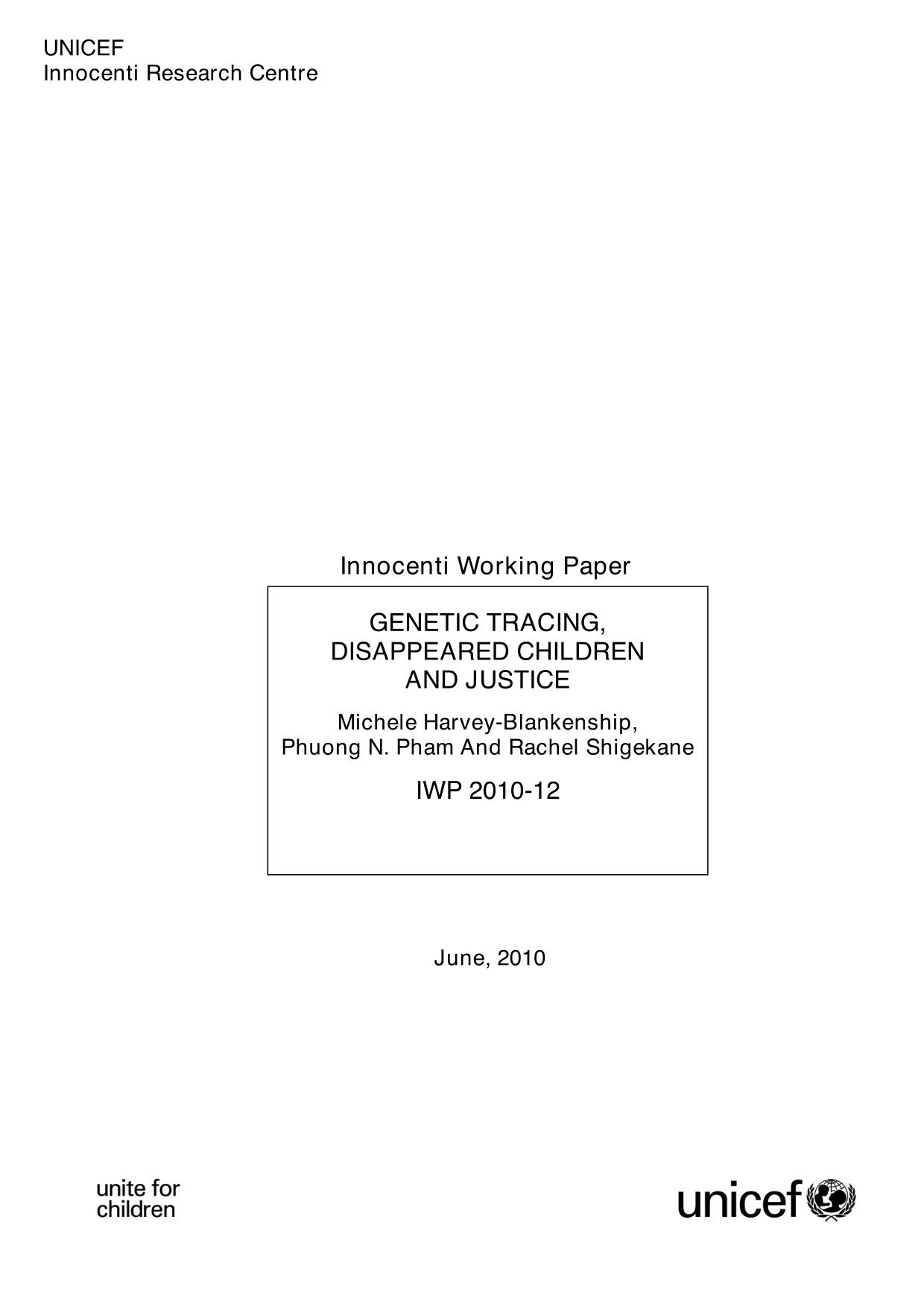
June 1, 2010
Genetic Tracing, Disappeared Children, and Justice
View Publication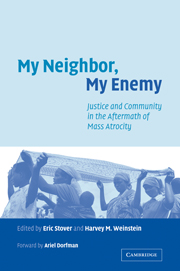
May 2, 2010
My Neighbor, My Enemy: Justice and Community in the Aftermath of Mass Atrocity
View Publication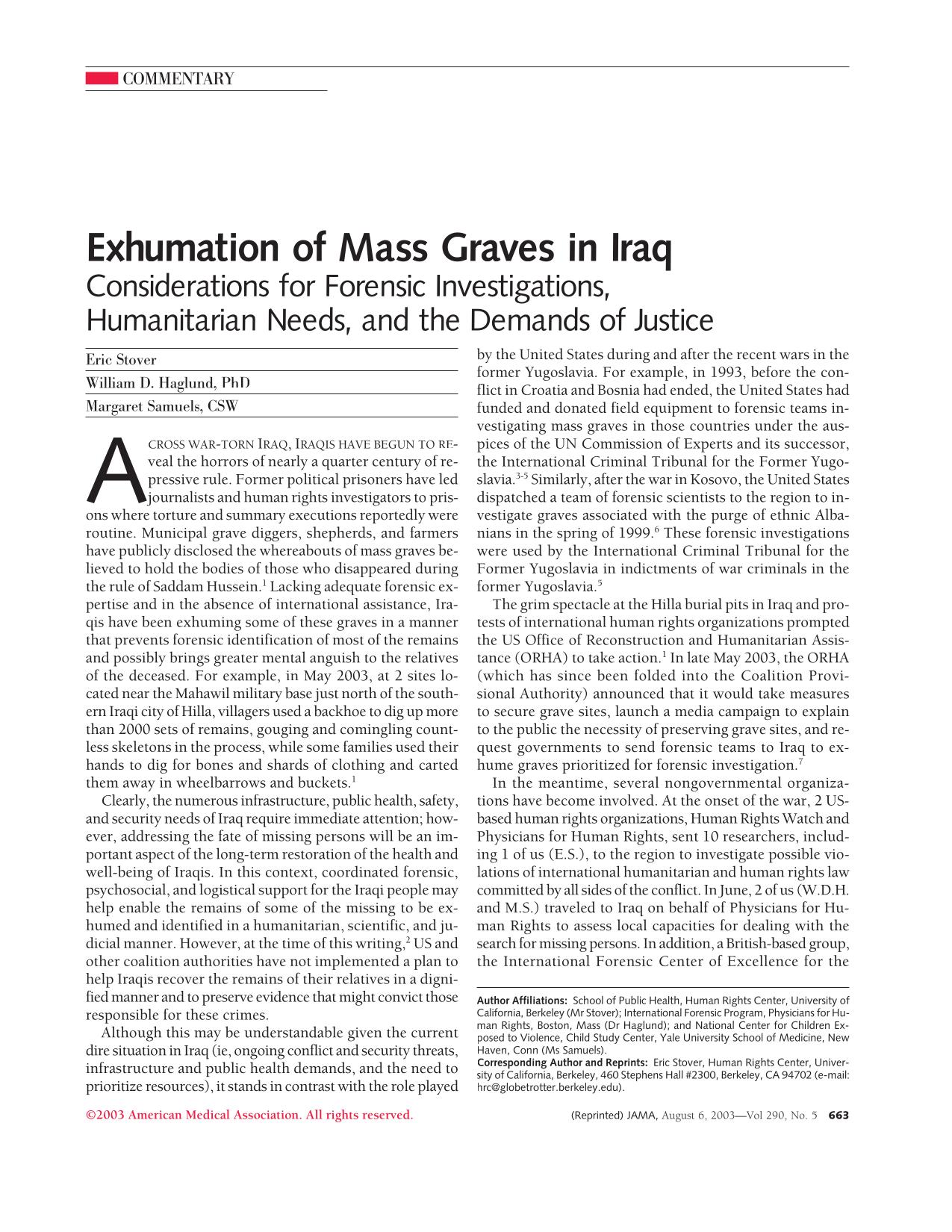
August 6, 2003
Exhumation of Mass Graves in Iraq: Considerations for Forensic Investigations, Humanitarian Needs, and the Demands of Justice
View Publication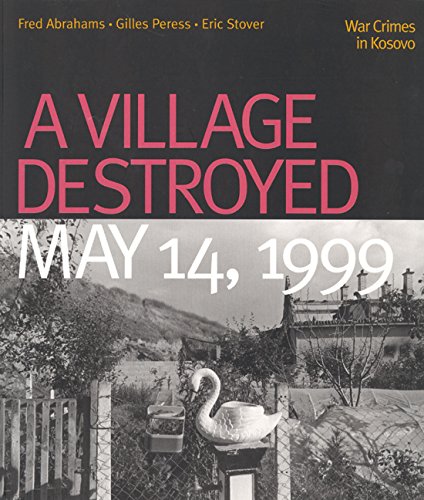
July 1, 2002
A Village Destroyed, May 14, 1999: War Crimes in Kosovo
View Publication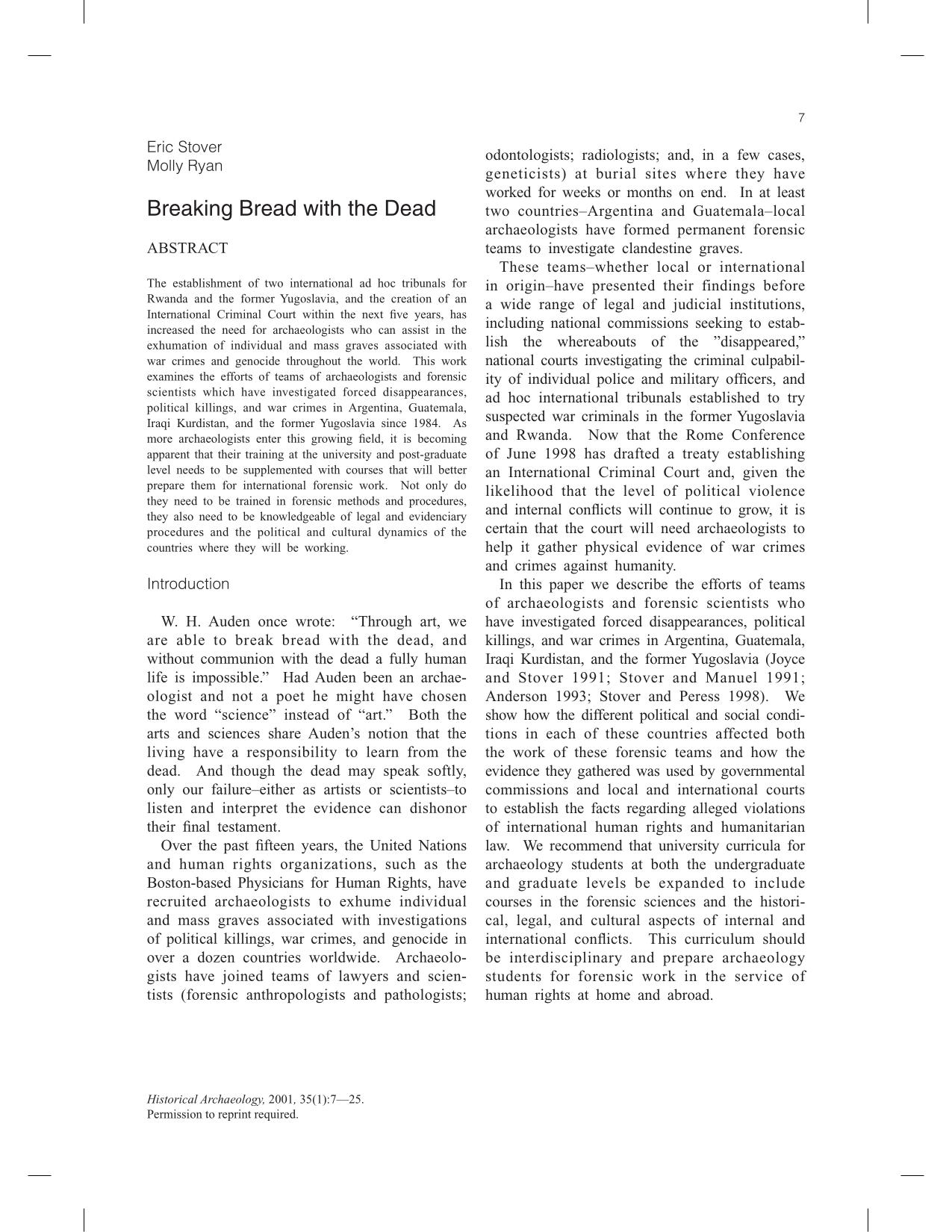
January 1, 2001
Breaking Bread with the Dead
View Publication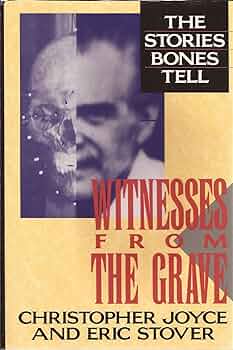
January 1, 1992
Witnesses from the Grave: The Stories Bones Tell
View Publication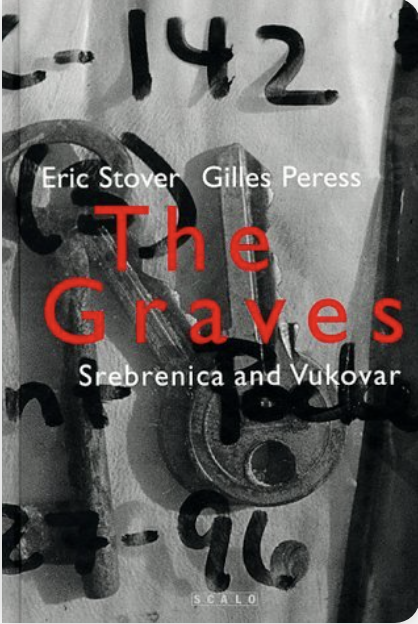
January 1, 1998
The Graves: Srebrenica And Vukovar
View PublicationNews
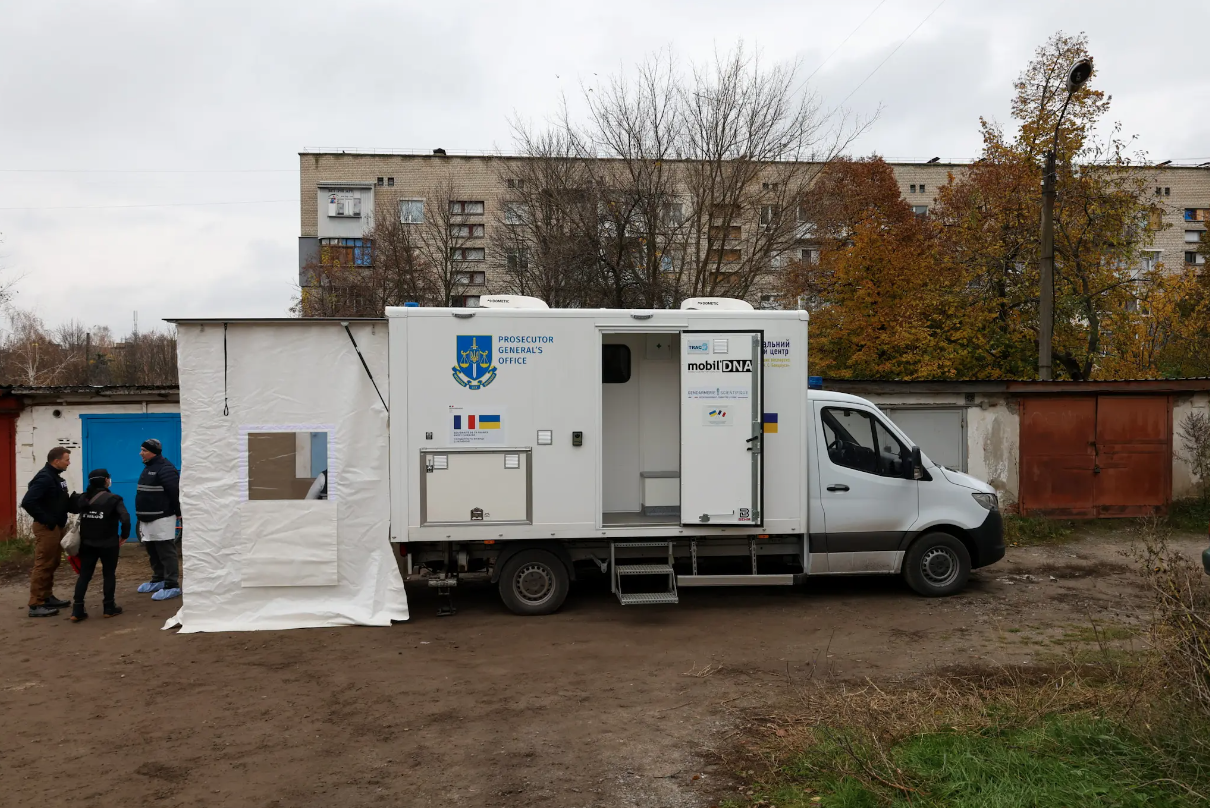
November 12, 2022
Ukraine is jump-starting its war-crimes investigations with a French mobile DNA lab
HRC in the News — Grid News: Ukraine is jump-starting its war-crimes investigations with a French mobile DNA lab, quoting Eric Stover and Tom White. Left: The mobile DNA
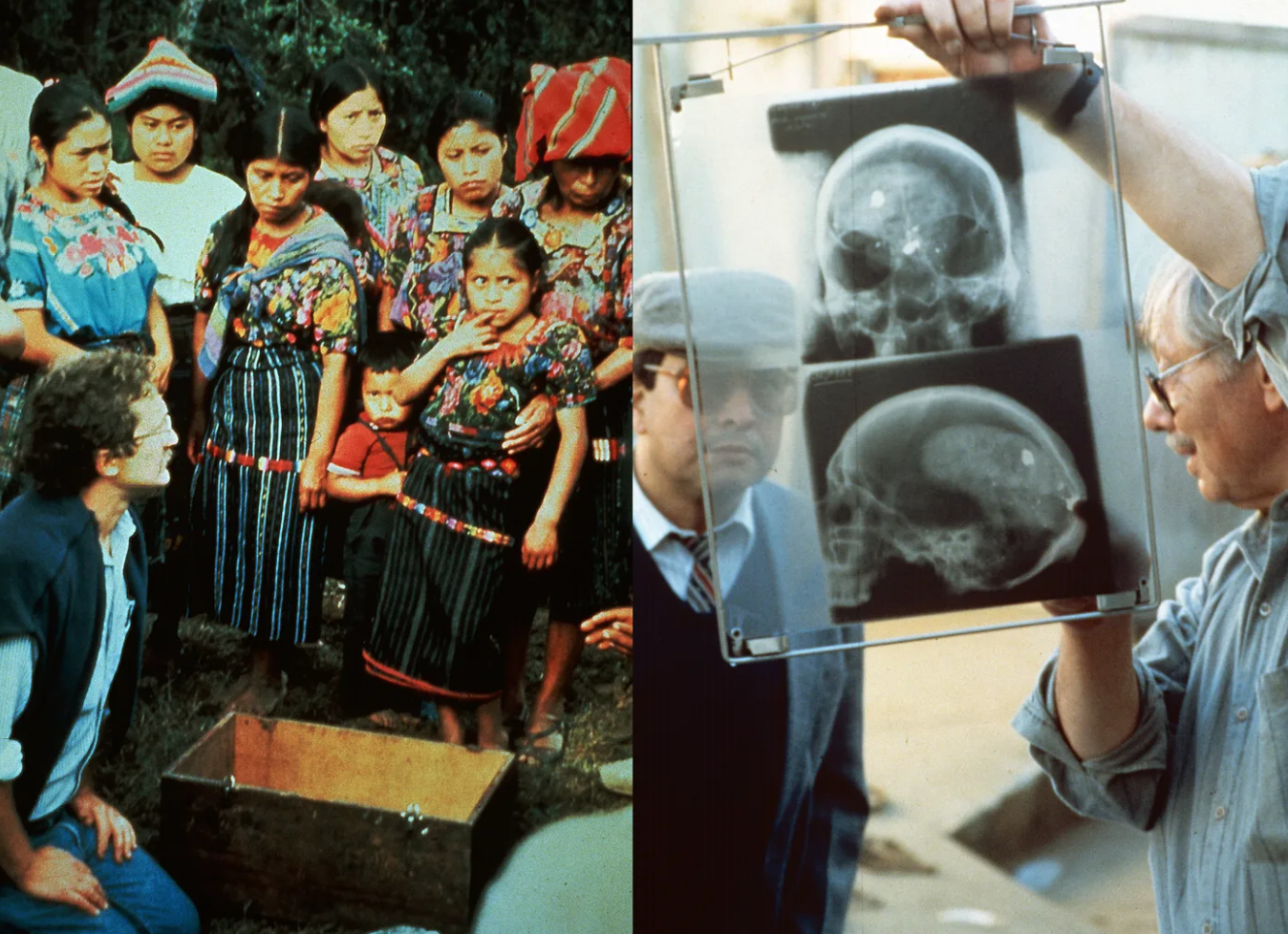
September 1, 2022
A Legacy of Truth: Forty Years of Investigating the Forcibly Disappeared
Left: Eric Stover at the first exhumation of a mass grave near Chichicastenango, Guatemala in the early 1990s. It was believed to contain the remains of villagers who had been executed by the military. He is asking permission, from family
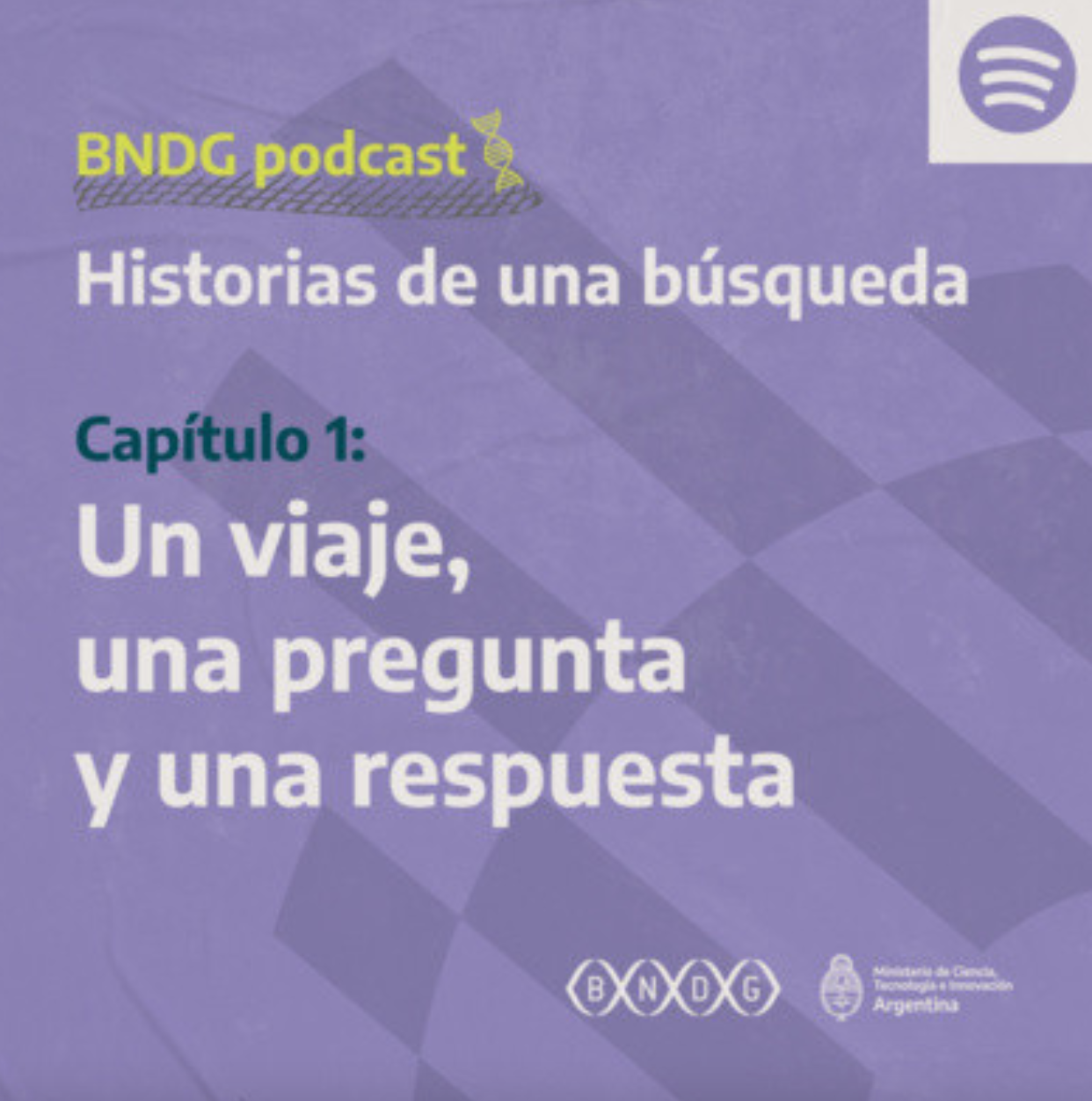
May 1, 2022
Un viaje, una pregunta y una respuesta
HRC in the News — Historias de una búsqueda Podcast: Un viaje, una pregunta y una respuesta, with Eric Stover speaking about the 30 year anniversary of Argentina’s El Banco Nacional de
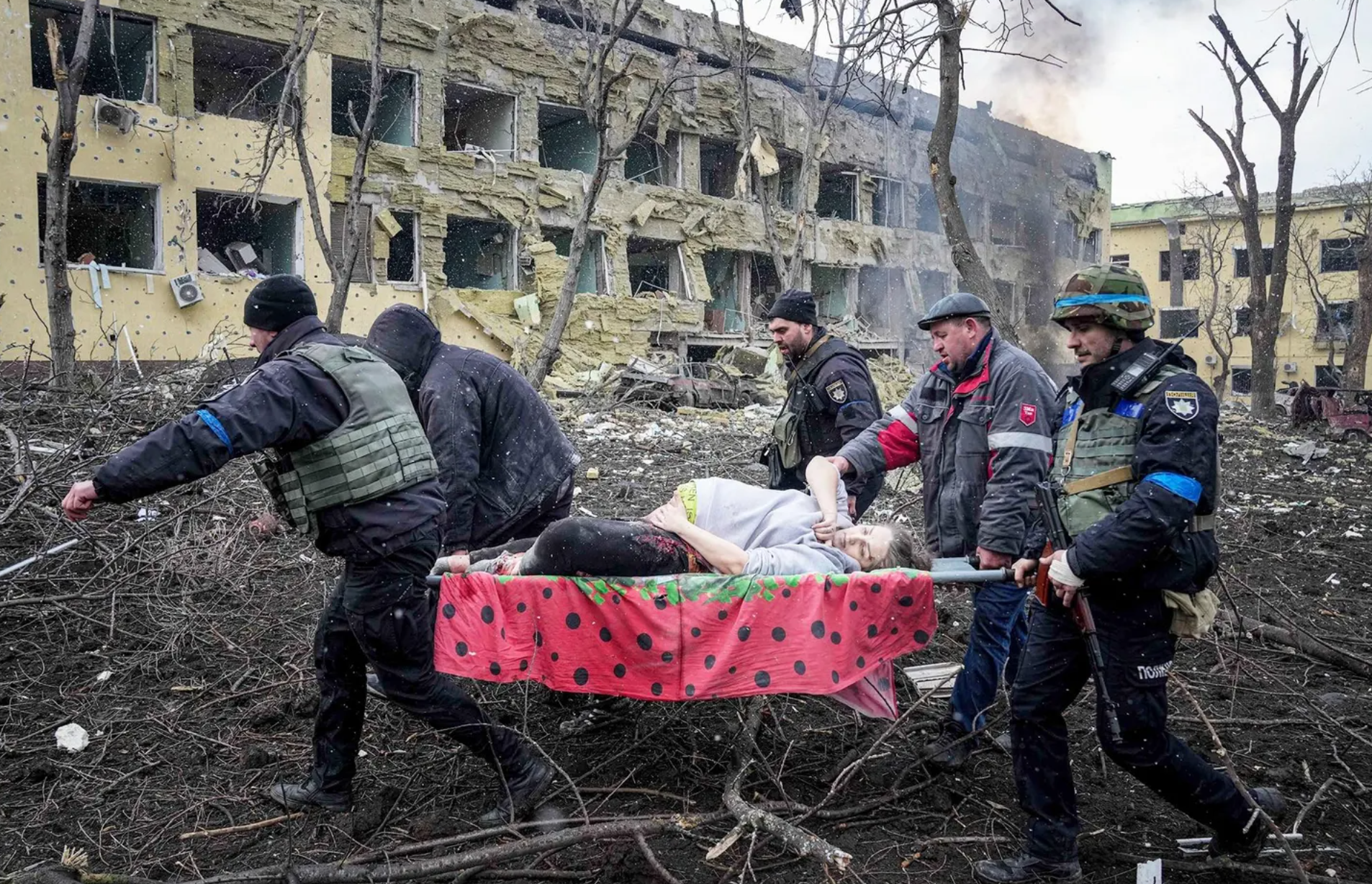
March 21, 2022
How Technology Might Bring War Criminals to Justice
Ukrainian emergency workers carry an injured pregnant woman from a maternity hospital damaged by shelling in Mariupol, Ukraine. The baby was born dead and the mother later died.ASSOCIATED PRESS/EVGENIY MALOLETKA.
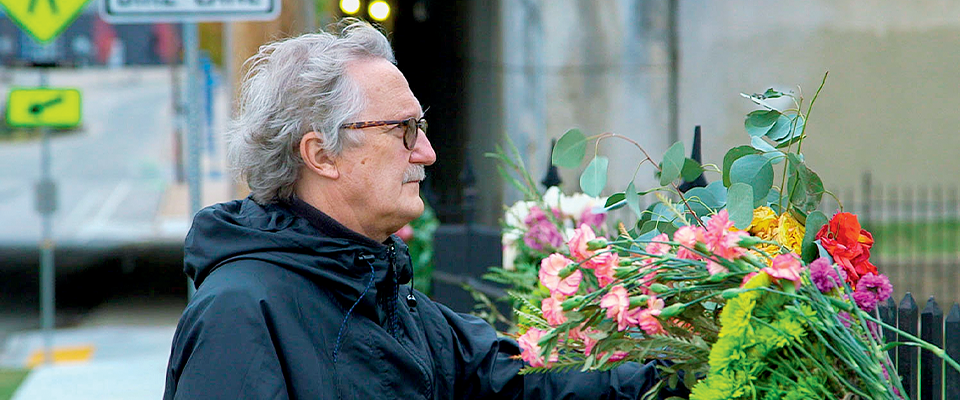
September 17, 2021
Eric Stover Has Spent a Career Unearthing Atrocities
HRC in the News — California Magazine: Eric Stover Has Spent a Career Unearthing Atrocities, by Gary Lee.
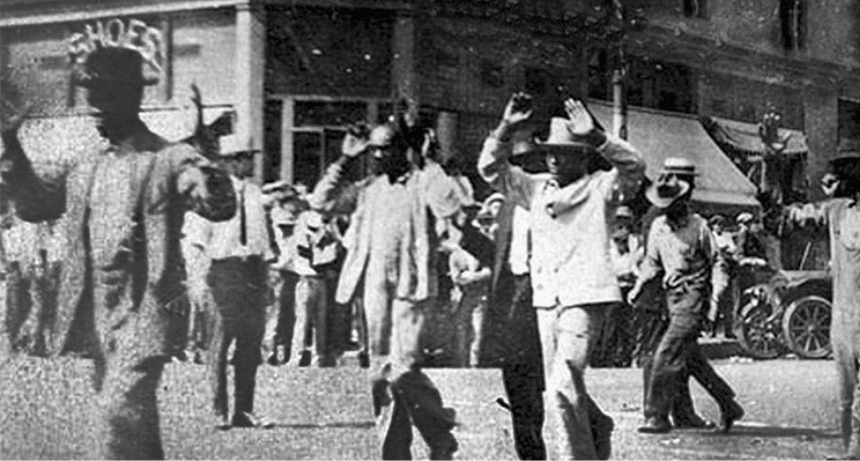
May 24, 2021
Hushed History: Berkeley Law’s Eric Stover co-produces PBS film on 1921 Tulsa Race Massacre
“Tulsa: The Fire and the Forgotten,” which airs May 31, commemorates the centennial of what some regard as the most egregious violence against Black people in the United States. Photo: Courtesy McFarlain Library, University of Tulsa.
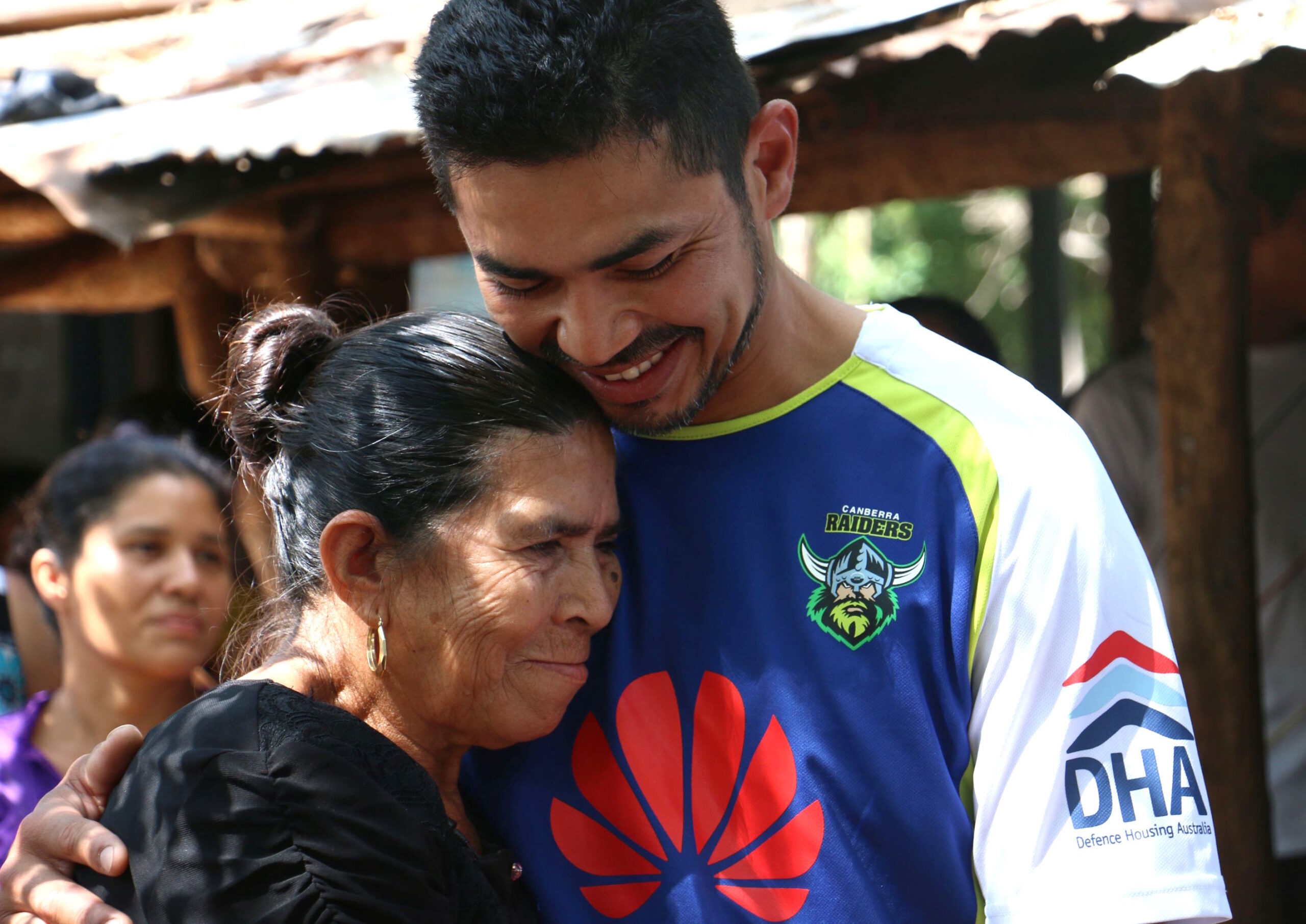
June 28, 2013
DNA Testing Reunites Families Separated by War
A family reunion made possible by DNA forensic science in El Salvador years after the civil war tore families apart. This reunion was facilitated by a partnership between HRC and ProBúsqueda. HRC

March 1, 1997
Commentary — Smithsonian Magazine: The Grave at Vukovar, authored by HRC’s Co-Faculty Director Eric Stover. Left: Image by Adobe Stock.